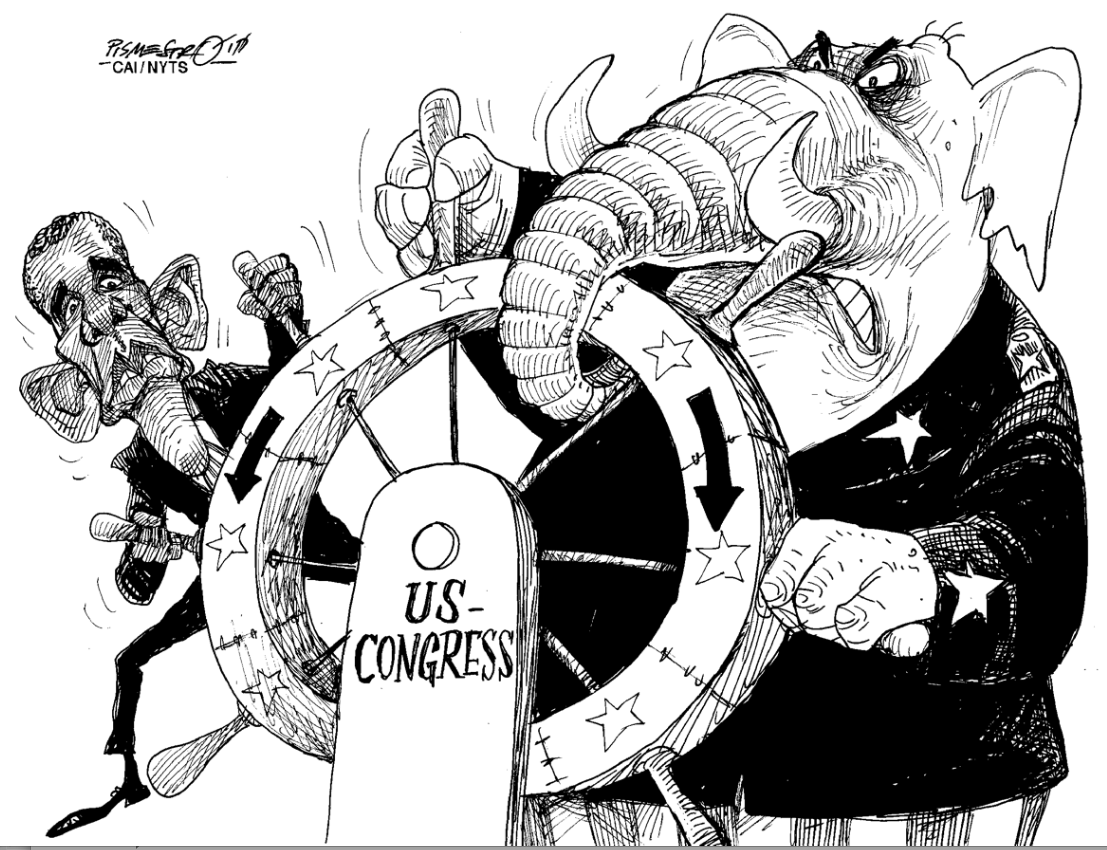We Americans are increasingly given to political escapism. Regardless of our place on the political spectrum — Republican or Democrat, liberal or conservative — we prefer self-serving fictions to messy realities. We avoid unpopular choices by hiding behind ideological platitudes. This defines Washington's political paralysis and polarization. The question posed by the midterm elections is whether the parties want to break it.
The initial evidence is conflicting. President Barack Obama and Senate Majority Leader-elect Mitch McConnell, a Kentucky Republican, urge cooperation, suggesting a more pragmatic approach. But the president also pledges to act unilaterally on immigration through executive order, a stance that infuriates many Republicans. Not to be outdone, they promise again to repeal Obamacare — a futile act (they cannot override a presidential veto) designed to please the party base and alienate Democrats.
Our political culture increasingly values symbolism over substance. That's what I mean by Americans favoring "self-serving fictions." Political behavior is shaped by beliefs that are false and goals so impractical as to be unobtainable. But the symbolism has consequences because it inspires feel-good agendas that elected leaders are expected to achieve. When they predictably fail, popular disillusion deepens. The dynamic works on both left and right. We cannot govern, it seems, because ideological fervor crowds out pragmatic realism.



